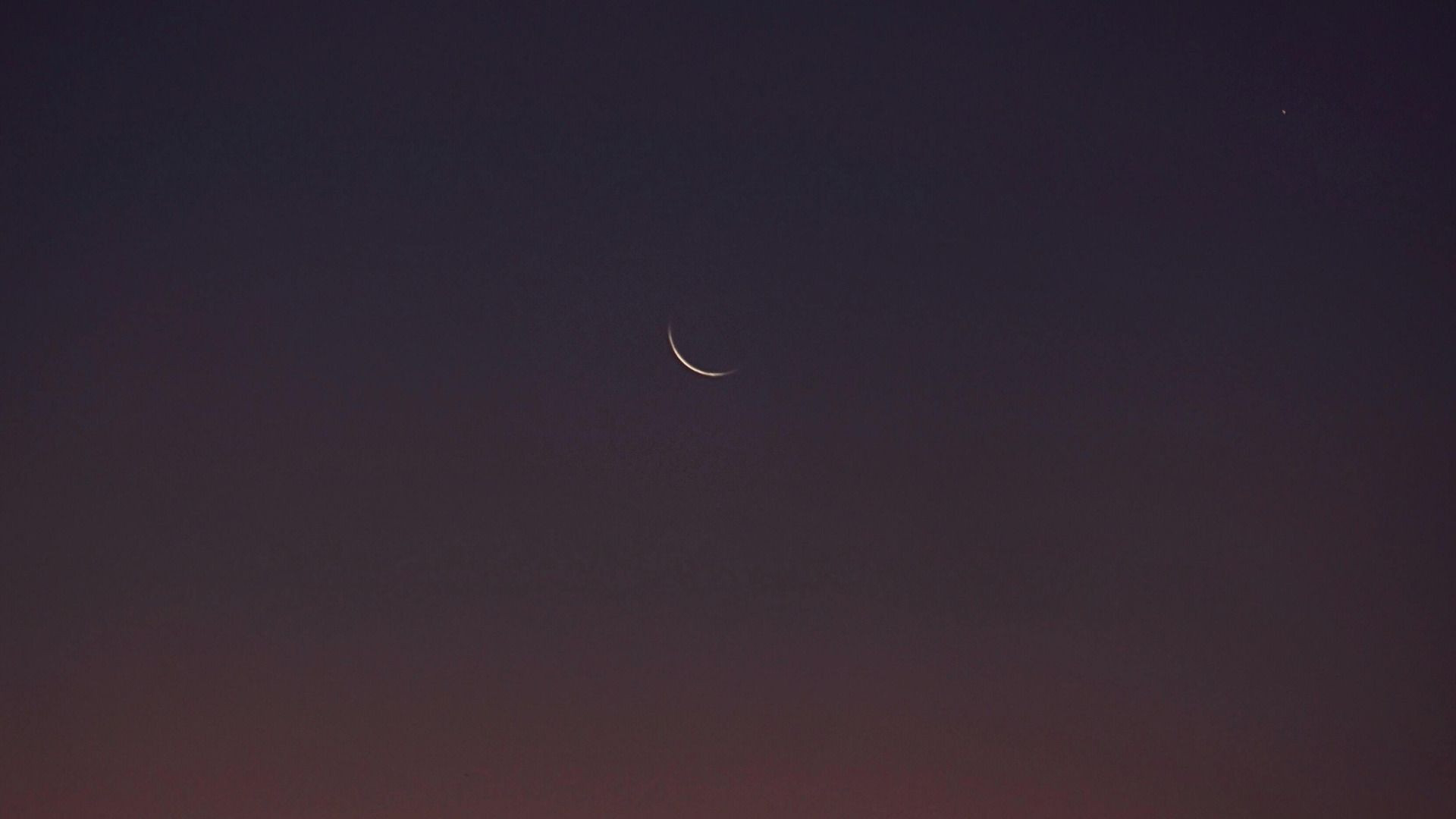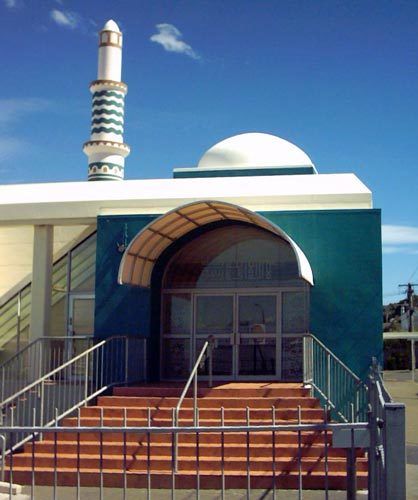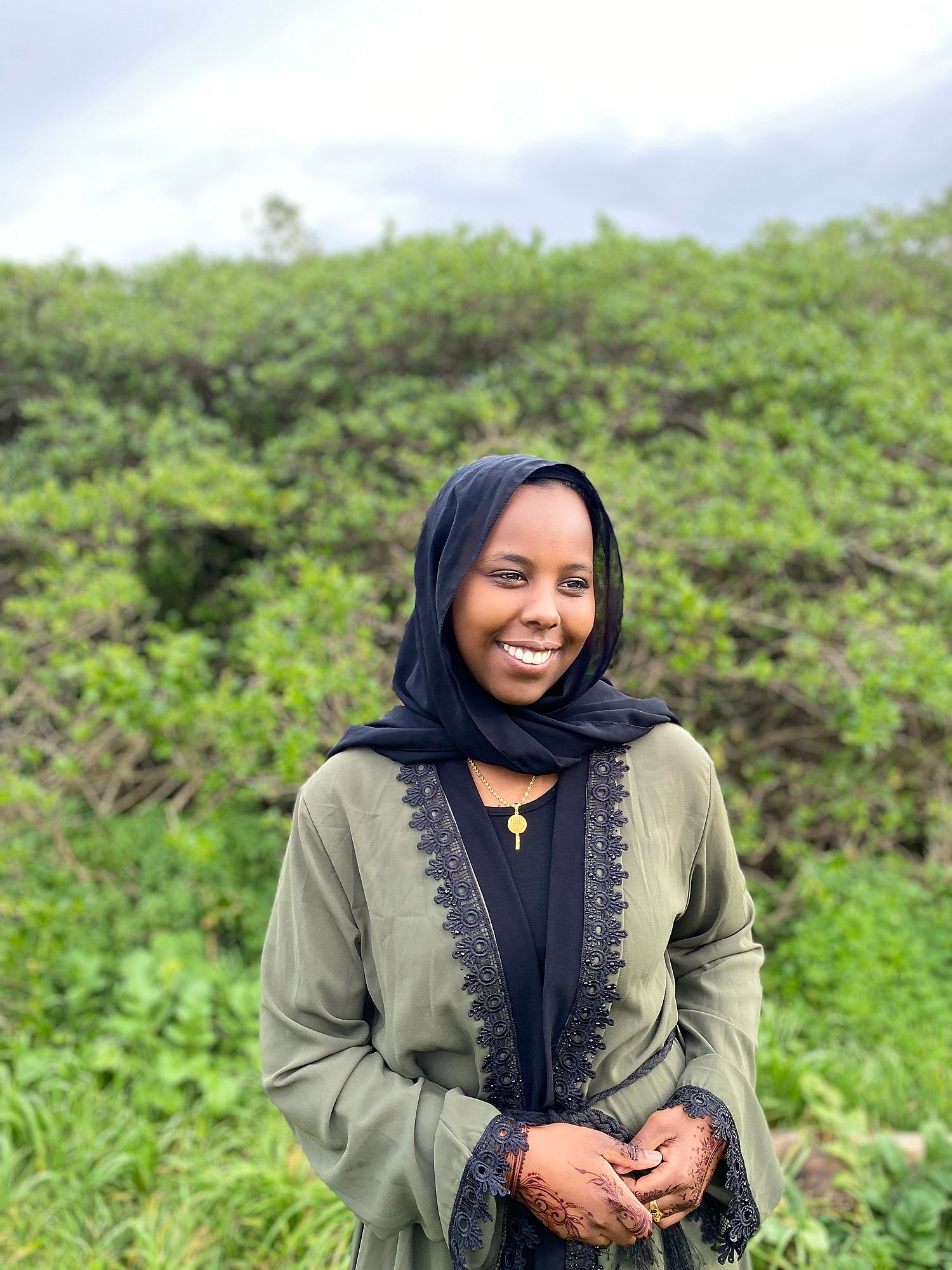Khadro’s Guide to Surviving Ramadan
Khadro Mohamed shares her tips and reflections for observing the 30 days and 29 nights of Ramadan in Aotearoa.
Ramadan, translating roughly to ‘the hot month’in Arabic, is the holy fasting month observed by over a billion Muslims all across the globe. It starts on the eve of 23 March and lasts for approximately 30 days and 29 nights. In Aotearoa New Zealand, Ramadan will be observed by over 60,000 Muslims and in over 70 mosques up and down the country.
Ramadan is the month Muslims believe the Holy Quran was revealed to the Prophet Muhammed (SAW) in 610 AD (over 1,400 years ago). During this month, Muslims are encouraged to increase their knowledge of the holy text and increase acts of worship. While fasting is only one part of a larger picture, it is often the most recognised association with Ramadan.
Muslims start their fast at daybreak, just as the first light touches the sky. This is preceded by the morning meal of suhoor, eaten in the dull lighting of the kitchen, sleep still clinging to your eyes, body rejecting mouthfuls of porridge and reheated curries. Once suhoor has been eaten, it is followed by the morning prayer, then the fasting begins. Fasting during Ramadan is strict: no food or water (yes, not even water). In Aotearoa this is for approximately 12 hours.
The morning meal of suhoor, eaten in the dull lighting of the kitchen, sleep still clinging to your eyes
But the fasting extends beyond this – not only must your mouth and stomach fast, but your eyes, ears and tongue must follow suit. Muslims are encouraged to avoid swearing, gossiping and engaging in sexual activities till the fasting is over. The fast ends each day when the sun sets, at Maghreb, with the meal of iftar. This is often the daily highlight, eaten with friends and family, and in some countries, entire neighbourhoods and communities. During Ramadan Muslims are also encouraged to increase acts of charity by donating, feeding the homeless or cooking for large groups of people.
For me, a 25-year-old Muslim woman, fasting has been a regular part of my calendar for almost ten years. The first time I did a full fast, from suhoor till iftar, was in 2010. Year 9. I’d read an article online on ‘mastering the mental hurdle’ to have a successful Ramadan and attempted to create a new relationship with my mind. For those of us who fast regularly, we know that it is far more mental than physical. Yes, you’re hungry, but it’s the interruption of your 12 pm lunch time at the office, the exclusion from morning teas, the lack of morning coffee, the realisation that our lives are so closely centred around food, that creates the real difficulty.
Walking down Cuba Street after 4 pm, or Lambton Quay during the lunch rush, creates a sense of longing and exclusion
My aunty, based in Doha, told me that Ramadan is observed yearly by virtually the entire city, despite the large number of non-Muslims that live there. This means cafés and restaurants are closed during the day, working from home is encouraged and schools finish earlier to accommodate. In places like Doha, Cairo, Dubai, Kuala Lumpur, Istanbul and Singapore, fasting is a part of the fabric of society and so the mental and social pressure of participating is far lower. But in the food capital of secular Aotearoa, walking down Cuba Street after 4 pm, or Lambton Quay during the lunch rush, creates a sense of longing and exclusion. I want to eat lunch, not just because I’m hungry, but because everyone else is.
Add to this the general ignorance and lack of interest in Ramadan (and Islamic traditions as a whole) on the part of the wider public here and you’ve got yourself a pretty lonely 30 days in the office. You’ll be dodging shared morning teas, offerings of coffee, figuring out a productive way to spend your hour-long lunch break without thinking about food, fighting headaches and fatigue while still working at normal performance levels – all without the knowledge or support of your co-workers, managers and bosses.
For these reasons (and many more), Ramadan can be somewhat dreadful. The trick to surviving is overcoming that mental hurdle. Ramadan is less about fasting and more about controlling your nafs (desires). This change in mindset can help to create a more pleasurable experience. Here is a run-down on how you can survive Ramadan in 2023, whether you want to give it a go for the first time, or you’ve been doing it for years:
1) Mentally prepare
Nothing can ever really prepare you for a full day of not eating, especially if you’re doing it for the first time since last Ramadan (i.e., no forms of voluntary fasting in between). Never underestimate how much of a mental toll it’s going to take to tell your body ‘no’. Over and over again – every time you see your favourite chocolate bar, a two-for-one donut sale at your favourite bakery, an offering of food from your peers, etc. As long as you’re prepared to tell your body ‘no’ you’re already halfway there. Prepare for all of the questions you’re going to get. Most of us that observe the month on a yearly basis are aware of the plethora of questions curious people have for us.
2) Prepare for withdrawals
The first few days of Ramadan are always the hardest. We know that. Especially if you’re a big coffee drinker or smoker, when you cut out something you do every day, the disruption it causes can be difficult. So, prepare for those withdrawals. Cut out coffee, sugary drinks, coke, cigarettes/vapes a few days before fasting begins if you can manage it.
Prepare for all of the questions you’re going to get
3) Get to know yourself
One way you can do this is by keeping a journal, at least for the first few days. Make a note of what it is you crave and at what times of the day. Every Ramadan I’m reminded of the extent of my coffee addiction. I never really notice how bad it is during the rest of the year. I drink two cups of coffee a day, a large flat white in the morning to wake me up and a regular in the afternoon to keep me going. When the abrupt disruption happens on that first day of fasting, I am physically unable to stand. When I kept a journal last year, I noticed coffee was the cause of my misery in those first few days, rather than the lack of food. Once I got past those first few days, knowing the reality, I was fine. You’ll also learn the difference between feeling hunger and boredom, and just how closely those two feelings are linked. I often asked myself, Am I hungry, or just bored?
4) Eat fuller meals at suhoor
I only learnt this one later on in my fasting journey. I, like most people, reheated whatever we had during iftar (mostly curries, soups and white rice). But suhoor is essentially a big breakfast, and when I treated it that way, I felt like I had more control over my body. So eat things that will keep you fuller for longer. For me, that is often porridge with dried fruit, honey and bits of dates, or eggs and beans on toast.
5) Drink heaps of water
While you can’t drink water during the day, you can chug down heaps during suhoor and iftar to balance yourself out. This is the key to avoiding headaches in the afternoon, especially on those first few days.
Every Ramadan I’m reminded of the extent of my coffee addiction
6) Slow down at iftar
When you fast for longer hours, your stomach shrinks. When you find yourself overindulging during iftar after 10+ hours of fasting, you’ll find that you feel slow, sleepy and sometimes unwell. Slowing down when you break your fast is essential in creating a more harmonious relationship with food. You’re eating because you voluntarily fasted, not because you’re starving. So, slow down. Take a bite at a time. Savour it. Remember how lucky you are.
7) It’s mental
This doesn’t necessarily make it easier, but it helps put things into perspective. Ramadan, like most other fasts, is far more mental than anything else. When you feel like you can’t make it, when you’re in pain, remember that it’s because you’re used to having your desires met instantly. During Ramadan, you’re in control. Not your mindless thoughts or cravings. So remember that.
8) Be grateful
During Ramadan, you’re not really given any other option but to feel a deep sense of gratitude. You feel grateful that your fast ends at sunset, you feel grateful that your fast is voluntary, you feel grateful that you have food to break your fast with – food that is enriching to your body. For Muslims, this gratitude can be translated into donations of time, money and energy. See where you can volunteer or donate, see where you can help those in your community, notice how your routine changes and how your body is adapting, notice how your body changes, be grateful that you get to experience it.
For Muslims, this gratitude can be translated into donations of time, money and energy
9) Prepare for the end
Like every other year, you’ll really get the hang of Ramadan a week before it ends. The end often creates a sense of sadness, loneliness and nostalgia. Ramadan is an entire lifestyle change. In 30 days, you create a new relationship with yourself, your mind and food. You make new friends, you volunteer more than ever, you do less existing and more thinking, you’re more aware. While I welcome back my morning coffee (in moderation), the end to Ramadan can be difficult. I miss the late-night Countdown runs, the ice cream at 11pm, the mosque teeming with people from all walks of life, I miss the dryness in my throat, I miss struggling to read Arabic, I miss feeling a part of a larger community of young Muslims who are on the same journey. The end of Ramadan is often difficult, so prepare for it before it comes.
I miss the late-night Countdown runs, the ice cream at 11pm, the mosque teeming with people from all walks of life
Kilbirnie Mosque
In 2023, as in most other years, Ramadan will see a number of community iftar nights hosted at local mosques across the country. In Kilbirnie, you can swing by on a Saturday or Sunday evening to indulge in some cuisine from all across the world. And this is what excites us the most about Ramadan, is the ability to be together.The Muslim community of Aotearoa has been through a difficult period and Ramadan serves as a reminder of how amazing we are when we come together.
Whether you’re fasting for Ramadan this year or not, I wish you a fruitful month, Ramadan Kareem… and good luck!
Header Photo Credit: Unsplash


